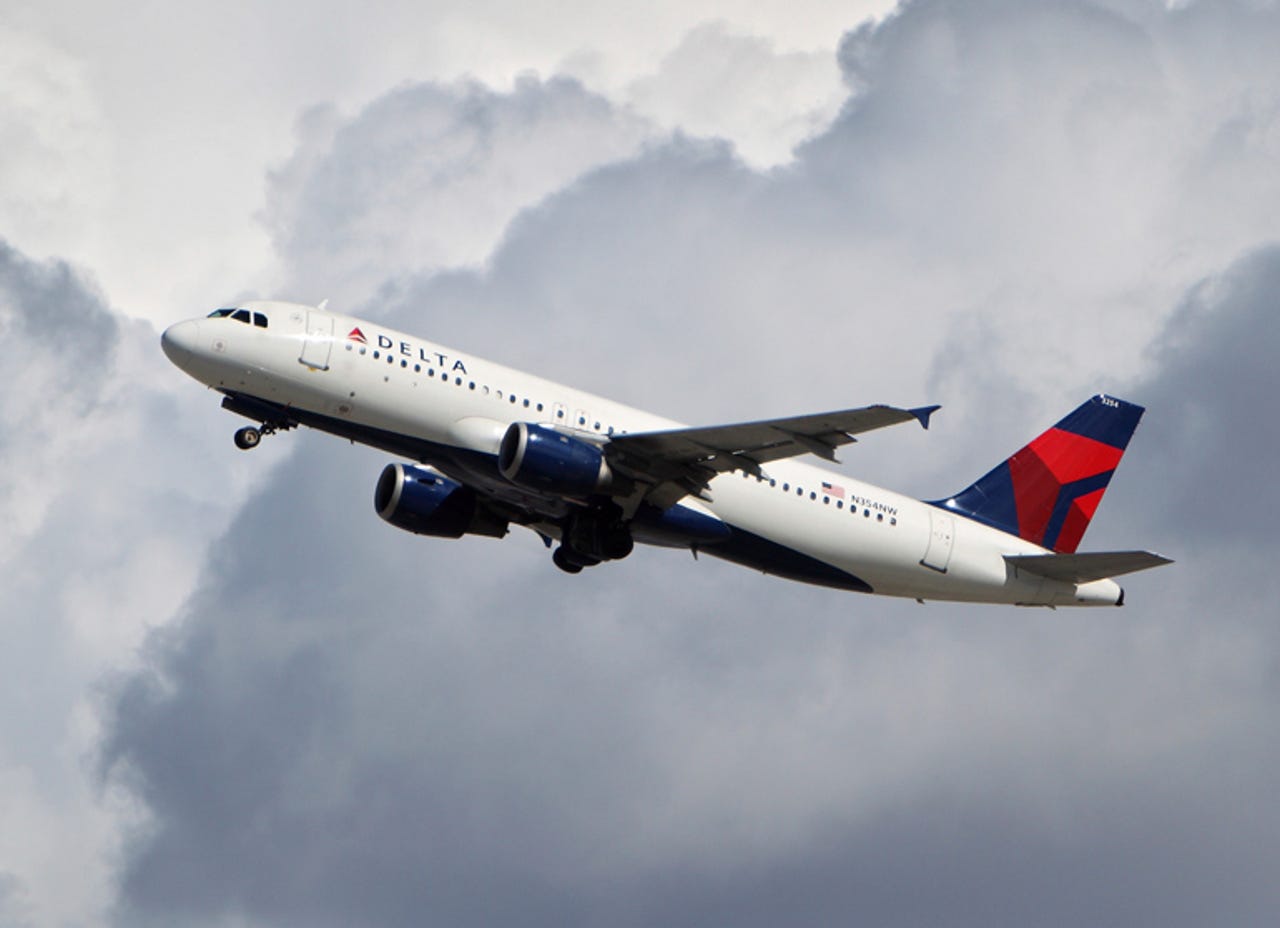Outages and delays highlight how airline industry needs new IT approaches


Updated 10/14/2016: United cited an issue with its weight reporting system for widespread delays. Delta blamed a power outage in Atlanta for bringing its systems down, canceling flights, and stranding passengers. Southwest's systems stumbled last month after a faulty router and nixed about 2,300 flights. United Continental grounded flights over a bad router in July and June. Welcome to the world of cobbled together legacy systems and an industry that needs to move toward cloud computing much faster.
IT outages are a fact of life. And now that technology is no longer a separate entity from business, screw-ups hit more people and damage reputations. The big question is why in 2016 airlines are being brought down by single points of failure when cloud services offer resiliency zones, backup options, and redundancy to keep critical systems running.
Delta cancels more flights as it recovers from system-wide outage | Delta Air Lines says power problems are behind computer outage that grounded flights
Instead, airlines (now bulked up and very profitable) are run by cobbled together systems that were bolted together in an era when there wasn't capital and bankruptcy was more likely than profits. American Airlines was formed by the merger of two companies (US Airways and American) that previously restructured in bankruptcy. Delta combined with Northwest and both companies restructured in bankruptcy. United, which restructured in bankruptcy, combined with Continental and to this day hasn't completely ironed out integration issues.
From a business perspective, the state of IT affairs in the airline industry makes sense. Simply put, the companies (outside of Southwest) didn't have the money to invest in systems. You don't sweat next-gen technology when you're trying to survive another day.
As a result, these modern-day airlines are running on 1990s software in some cases. Best case is that core systems are more than a decade old. Sure, there are a few iPad case studies here and there, but the back-end systems are where company reputations are made and lost. When back-end systems blow up, front end systems and customer service can go kaput quickly. Travelers are paying the price today for IT business decisions that were logical only for a few years.
What's worrisome is that Delta had been known as an IT forward thinker. American managed its system integration well, but overall the problem with the airline industry is that one IT failure has a cascading effect on transportation around the world.
The good news is that the airlines are now profitable enough and savvy enough to invest in systems that won't fail just because of a power outage in Atlanta. Here's what needs to happen.
- Mission critical systems need to move to the cloud. This cloud move can be public or private infrastructure, but the approach is critical. Hindsight is 20/20, but if Delta had a failover option (AWS or Microsoft Azure for instance), its systems may have wobbled, but would have recovered quickly. For instance, AWS' case study library features airlines such as Qantas, GOL Airlines, and LOT Polish Airlines. Azure has Iberia Express, Lufthansa, and easyJet. There is one mention of United in Azure's airline case study listing for a private cloud deployment, but the giant U.S. carriers aren't pushing the IT frontier.
- These systems need to be updated. Airlines have been using capital for stock buybacks, but may want to invest in IT. Instead of cobbled together systems, airlines need to phase them out for new. Some companies may build and others may buy, but there needs to be an industry-wide technology infrastructure review.
- Agile approaches need to be used. In a typical deployment airlines would roadmap systems changes over years. That approach isn't likely to work going forward.
- Front-end matters but... Airlines have invested in customer-facing systems and kiosks for everything from ticketing to bag checks are snazzy in some parts of the industry. However, the shift in IT thinking should probably balance out to the blocking-and-tackling on the backend. Architecture, cloud, and redundancy matter. Systems failures on the backend impact the customer well beyond any customer goodwill created by front-end IT such as a tablet or kiosk.